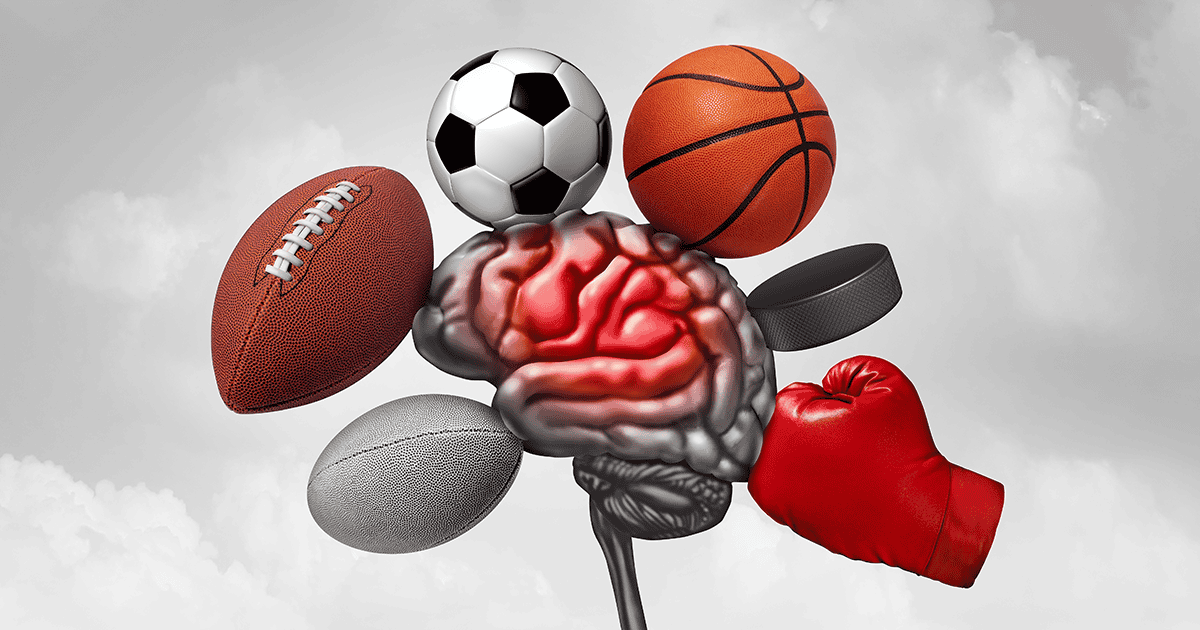The American Academy of Otolaryngology-Head and Neck Surgery Foundation has just published Clinical Practice Guideline: Sudden Hearing Loss (Chandrasekhar et al, 2019). The purpose of the guideline is to provide clinicians with updated evidence-based recommendations in the evaluation and management of patients with sudden hearing loss, in particular idiopathic sudden sensorineural hearing loss.
Some highlights include the following:
- Audiometric confirmation as soon as possible and within 14 days of symptom onset was recommended.
- Key components of the audiological evaluation discussed included: thorough hearing-specific case history, otoscopic examination, ear specific air and bone conduction thresholds (including interoctaves at 3000 and 6000 Hz) and additional as appropriate (e.g. >20 dB difference), speech audiometry in quiet and noise, immittance measures, and otoacoustic emissions.
- Auditory brainstem response if MRI contraindicated to rule out retrocochlear pathology was recommended.
- Corticosteroids within the first two weeks of symptoms was listed as optional based on randomized control trials (RCT). Three RCTs were considered, two demonstrated no significant benefit of steroids vs placebo and 1 trial showed improvement in the steroid group. The authors point out though some observation studies show benefit of steroids, the degree of benefit that exceeds spontaneous resolution is unknown. But, considering the devastating effects of SSNHL, the group concluded the small possibility of improvement with steroid treatment outweighs the negative consequences for most patients.
- Intratympanic steroids were recommended for salvage therapy if patient have incomplete recovery 2 to 6 weeks after onset of symptoms.
- Follow-up audiometric evaluation was at conclusion of treatment and by 6 months post treatment were recommended.
- Counseling on benefits of audiologic rehabilitation for residual haring and tinnitus were strongly recommended.
To view the guideline, check out Chandrasekhar et al (2019)
Recent Posts
Leveling the Playing Field at AAA 2026
Wednesday, April 22 | 12:30–2:00 pm Earn 0.15 CEUs Concussion care is no longer a single-discipline effort. As research continues to reveal concussion as a…
How to Get Patient Referrals through Your ABA Certification
Did you know that ABA publishes directories for each certification and certificate program on its website? Credential holders are sorted alphabetically by country, and then…
Update: General Audiology Board Certification Is Coming
Progress continues on the new General Audiology Board Certification (GABC) that will lead to a Board Certified Audiologist (BC-A) credential. The Development Task Force has…


